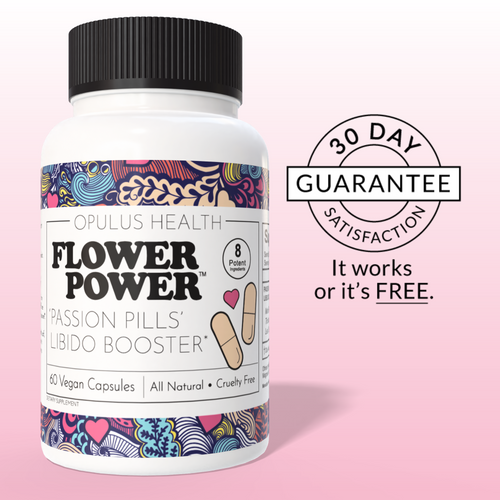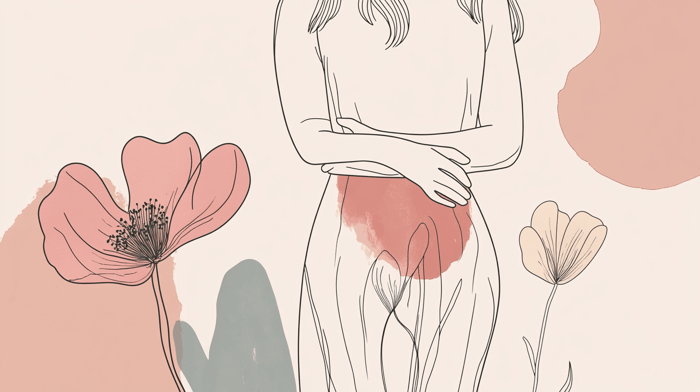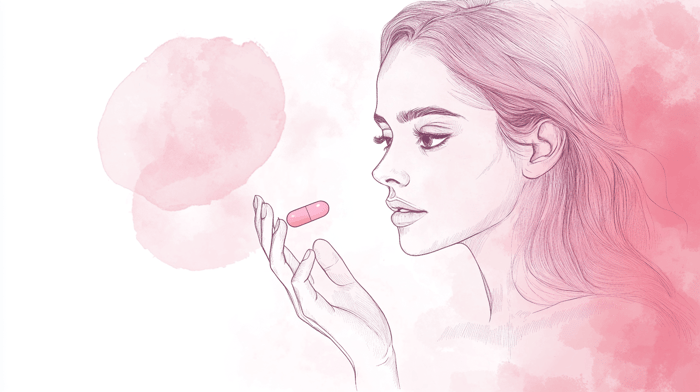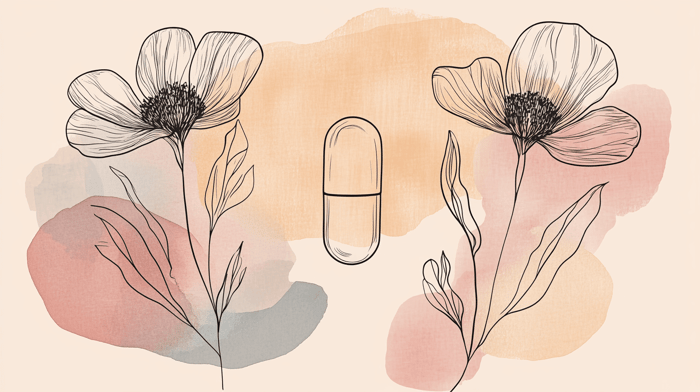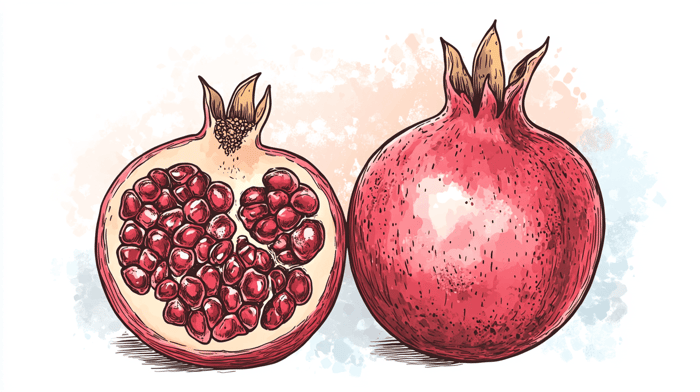Noticing unusual skin changes can be alarming, especially when they appear in unexpected areas like the vagina.
Today, we’re addressing a topic that’s often not discussed—vaginal skin conditions. We’ll explain how to recognize, treat, and even prevent them. With this knowledge, you can take better control of your intimate health.
Lichen Sclerosus: Not Just a Rash
Lichen Sclerosus appears as thin, white patches or red "toughs" on the skin. It can feel like delicate tissue crumpling, and may cause discomfort or even pain. In some cases, it leads to vaginal tightening.
This condition is often linked to an overactive immune system or hormonal imbalances. If these symptoms seem familiar, a biopsy can help confirm the diagnosis.
According to the American Cancer Society, about 4% of women with Lichen Sclerosus may develop vulvar cancer. Most treatments involve steroid creams or ointments, which help soften the skin. If you're allergic to steroids, alternatives like tacrolimus ointment or pimecrolimus cream can be effective.
Lichen Planus: Internal Inflammation
Lichen Planus can appear on the skin, hair, nails, mouth, and genitals. On the genitals, it manifests as purplish, flat bumps that are often itchy. This condition is caused by inflammation resulting from the immune system mistakenly attacking healthy cells.
While it often resolves on its own, treatment options like topical steroids, tacrolimus ointment, or oral medications can help speed up recovery. Consult your healthcare provider for the best approach.
Vulvar Psoriasis: Skin Cells on Overdrive
Psoriasis occurs when skin cells multiply faster than normal. When it affects the vagina, it's known as vulvar psoriasis. This condition typically presents as red, scaly patches that burn or itch. On darker skin, the patches may appear brown, purplish, or violet with gray scales.
Triggers for vulvar psoriasis include stress, injury, and certain medications. While not an STD, it can be inherited. Treatment options include topical solutions, light therapy, and oral or injected medications, which help alleviate symptoms and improve skin health.
Vulvar Eczema: Irritants
Vulvar eczema, also called vulvar dermatitis, causes the skin around the vagina to become painful, red, and itchy. This condition is often triggered by irritants such as soaps, fabrics, sweat, or certain personal care products.
Other triggers include panty liners, wipes, douches, vaginal discharges, perfumes, and alcohol. The best way to manage vulvar eczema is to avoid these irritants and use treatments like topical steroid creams.
Bartholin's Cyst: Serious When Infected
The Bartholin glands, located near the vaginal opening, produce moisture. Sometimes these glands become blocked, leading to the formation of a cyst. While Bartholin's cysts are generally harmless, they can become painful if infected.
Treatment options for an infected Bartholin's cyst include sitz baths, antibiotics, or in some cases, surgical drainage. In non-infected cases, treatment may not be necessary.
Taking Control of Your Vaginal Health
Many women are unaware of these vaginal skin conditions until they notice something unusual. The more you know, the more control you’ll have over your health.
Regular gynecological exams are one of the best ways to detect these conditions early. Make sure your healthcare provider checks for these during your visits.
For more information on women’s health, feel free to explore our other blog posts.
References
- Lichen sclerosus - Symptoms and causes - Mayo Clinic, 2021.
- Lichen sclerosus - Causes - NHS UK, 2020.
- Lichen sclerosus - Treatment - NHS UK, 2020.
- Lichen sclerosus: Diagnosis and treatment - American Academy of Dermatology, 2021.
- Lichen planus - Symptoms and causes - Mayo Clinic, 2021.
- Lichen planus - Treatment - NHS UK, 2019.
- Genital Psoriasis - National Psoriasis Foundation, 2021.
- Common Triggers - National Psoriasis Foundation, 2021.
- Psoriasis - Diagnosis and treatment - Mayo Clinic, 2021.
- Vaginal Eczema: Symptoms, Treatment, and More - Healthline, 2020.
- Eczema Treatment - National Eczema Association, 2021.
- Bartholin's cyst - Symptoms and causes - Mayo Clinic, 2021.


